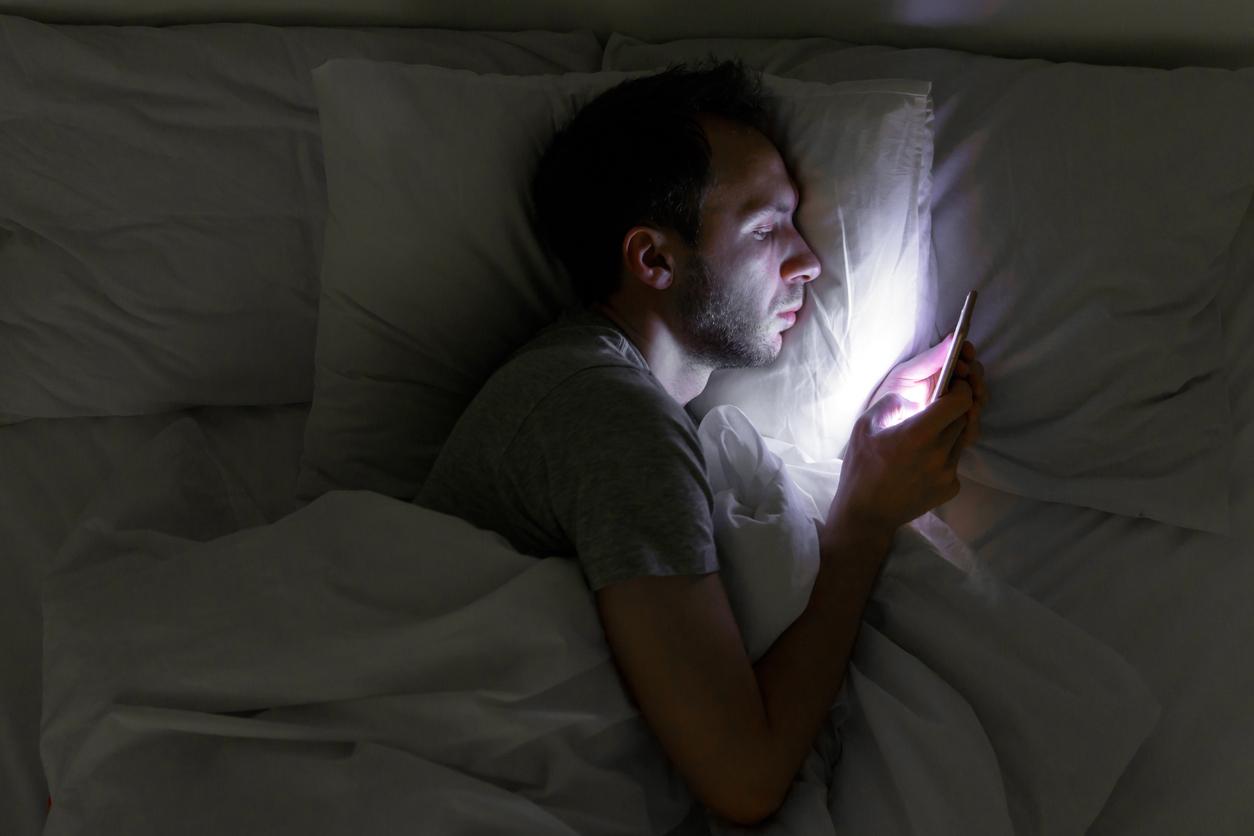Switching to winter time increases severe cases of depression, according to a Danish study. An effect that would wear off in ten weeks.

On the surface, the change from summer time to winter time may seem tasty. Sunday morning, we all got an extra hour of sleep. What to start this week on the right foot? Not really, appearances are sometimes deceptive. This anecdotal change for many could affect some.
The results of a Danish study indeed suggest that the change from summer time to winter time would increase the cases of severe depression. Published in the journal Epidemiology, and relayed by Relaxnews, this work was carried out by Prof. Søren D. Østergaard of Aarhus University Hospital, Denmark, in collaboration with the universities of Copenhagen and Stanford (United States). The research consisted of scrutinizing 185,419 diagnoses of depression recorded in the Danish Central Register of Psychiatric Research between 1995 and 2012.
11% more severe depression
And the results are final. They conclude that the number of patients diagnosed with depression, and hospitalized in psychiatry, increases immediately after the change from summer time to winter time. The increase is even significant, since it was estimated at 11% compared to the summer time period. Faced with this worrying observation, Professor Østergaard’s team has explanations. It ensures that this increase is indeed due to the time transition and not to other factors, such as the shortening of the length of the day or the deterioration of the weather, which were taken into account in the study.
In addition, the scientists believe that, even if the study focused on cases of severe depression treated in a psychiatric hospital, the shift could also worsen the risk of other, less severe forms of depression. The researchers hypothesize that it is necessary to go to the side of the time change which removes an hour of sun in the late afternoon to add it to the morning.
They point out in this regard that in the morning, many people cannot enjoy the day, because they are still at home preparing for their working day. Then when they could finally enjoy the day after their work, it is already dark. This drop in light affects the circadian rhythm, so it could play a role in depression. For researchers, these results should encourage surveillance, especially among people with tendencies to depression. Fortunately, the effect of the time change would wear off in ten weeks.
The other health effects of the change
According to sleep specialist, Dr Sylvie Royant-Parola, it is more difficult to adjust to the new rhythm for the elderly and young children under 6, who are used to getting up early. “For them, this change will be accompanied by a little fatigue or a vague irritability. But the adaptation time will last a maximum of a week, ”she indicated in 2015 in THEe Parisian.
Still on the subject of toddlers, British researchers recently proved that children engage in more physical activity in summer than in winter. Carried out on 23,000 children aged 5 to 16 across 9 countries, including England and Australia, the study consisted of measuring children’s physical activity using electronic accelerometers arranged around their waists for a period of time. whole year. At the end of the experiment, the researchers found that the level of intensity of physical activity in children increases by 15 to 20% during the summer. This is equivalent to 33 minutes a day more than in winter.
“This study proves that daylight plays a decisive role in the physical form of children, during the hours spent outside of school, that is to say in the morning and at the end of the afternoon. And this, in Europe as well as in Australia ”, underlined Dr. Anna Goodman, principal author of the study. The researchers specified, however, that the effects of daylight on the physical form of children are similar according to age, sex, and geographic origin.
.

















